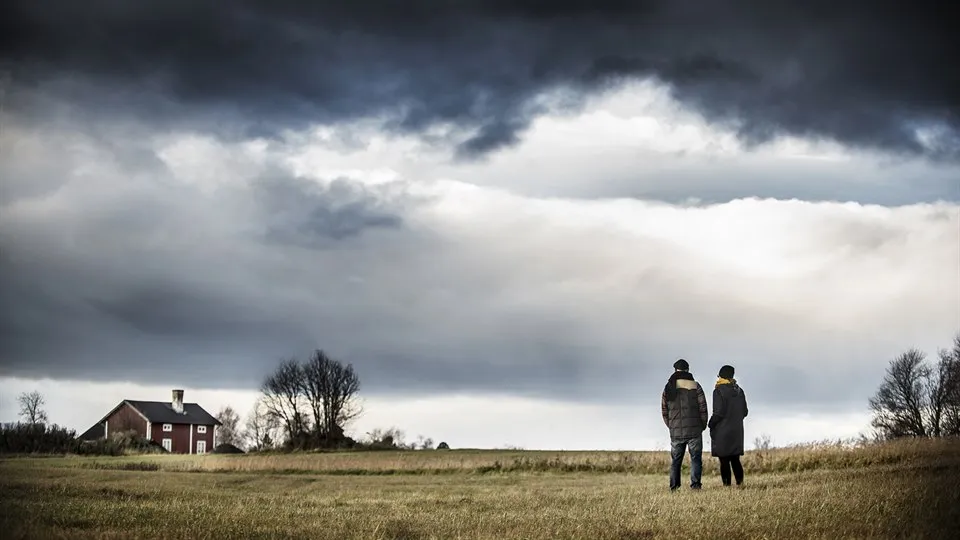Extreme weather events and public support for climate change policy
Climate change is expected to lead to an increase in extreme weather events, such as heat waves, hurricanes, and extreme rainfall. I this project, we investigate how extreme weather events influence public support for climate change adaptation and mitigation policies.
Extreme weather events, such as heat waves, hurricanes, and extreme rainfall, has been argued to have a potential for ‘triggering’ an increased level of concern for climate change among the public. Such effects could also prove to be invaluable in assuring the public support needed for the effective implementation of climate mitigation and adaptation policy. The extent to which this is true is, however, uncertain, and findings from previous research have produced mixed results.
In this project, we investigate how extreme weather events affect public attitudes towards climate change policy. We propose that the effectiveness of extreme weather to trigger increased public support is dependent on three main factors: (1) the type and severity of an event, (2) personal predispositions, such as personal values and ideology, and (3) the framing and communication of extreme events in the public discourse.
In order to investigate the proposed relationships, we employ a mixed-methods approach, combining a longitudinal analysis, incorporating both survey and meteorological data, with a number of web-based survey experiments.
Facts
Project period
200101—221231
Research centers
Departments
Subjects
Project leader

Project members


